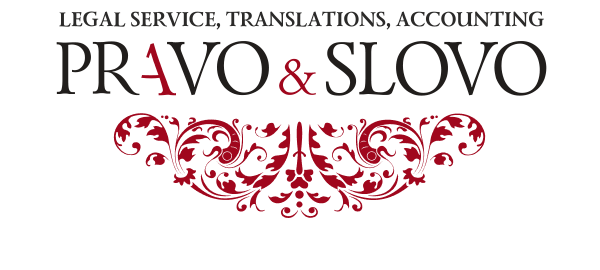Preparing for Court Hearings
A participant in a case must prepare for each court hearing, otherwise the events in the process may take unpredictable turns. In this article, we are not going to talk about preparing for a court hearing as these actions are clearly regulated by Chapter 14 of the Civil Procedural Code of the Russian Federation.
What we are going to talk about instead are actions that a participant in the process should take in order for the hearing to go as productively as possible.
First of all, one must clearly form one's position in the case. It must be declared in a well-argued, yet brief, fashion so that the judge can understand the gist of it practically right away. Before the hearing, it's best to work through all the theses prepared for the speech.
The person must also think through what objections their opponent may have and be prepared to give commentary on teach item within their objections. For instance, if conclusions stated in court experts’ findings work in their favor, they must be prepared at the court hearing for your opponent to try to put in doubt the results of the expert analysis.
If you cannot do without an evidence claim motion in the dispute, the necessity to claim them must also be written out as distinctly and convincingly as possible. You must be ready for the court to ask you why you are having difficulty obtaining the necessary evidence on your own.
A lawyer is always faced with the question of whether to take their client to a court hearing with them or if it’s better to attend the process alone. All lawyers have been in situations in which poorly thought out or improper explanations from their clients have only made things more difficult or have even rendered winning a dispute impossible.
In our opinion, the client must only go to court hearings in which the court absolutely requires their explanations in order for proceedings to go on, or in which the client’s identify is very important to win the case. For instance, in family cases concerning determination of a child's place of residence, the client’s identity plays an important role in successfully resolving the case, so in such cases, the client must absolutely take part.
If a successful outcome for the case does not depend on the client’s identity, his immediate participation in the process is only a question of preference. If a client wants to take part in a court hearing, it must be explained to him or her that they may have to spend the entire day in the court room yet the hearing may only go on for a few minutes. A representative's work does, among other benefits, save a serious amount of time for the client.
Thus, each court hearing requires thorough preparation and the necessity to calculate potential actions the opponent may take, while the personal participation of the client is optional.
On the whole, we believe that a client should not take part in processes on his or her own without a representative. After all, working a court room is a difficult job that must be handled by a professional, a lawyer or an attorney specialized in the particular field. There are no universal experts, “jacks of all trades,” among lawyers (or attorneys), just as there are no doctors that handle every field, nor should there be.
Need a lawyer to prepare your lawsuit? Have you already received a summons? Get in touch with us today to professionally handle your dispute for you!
Other articles on the topic
View articles




